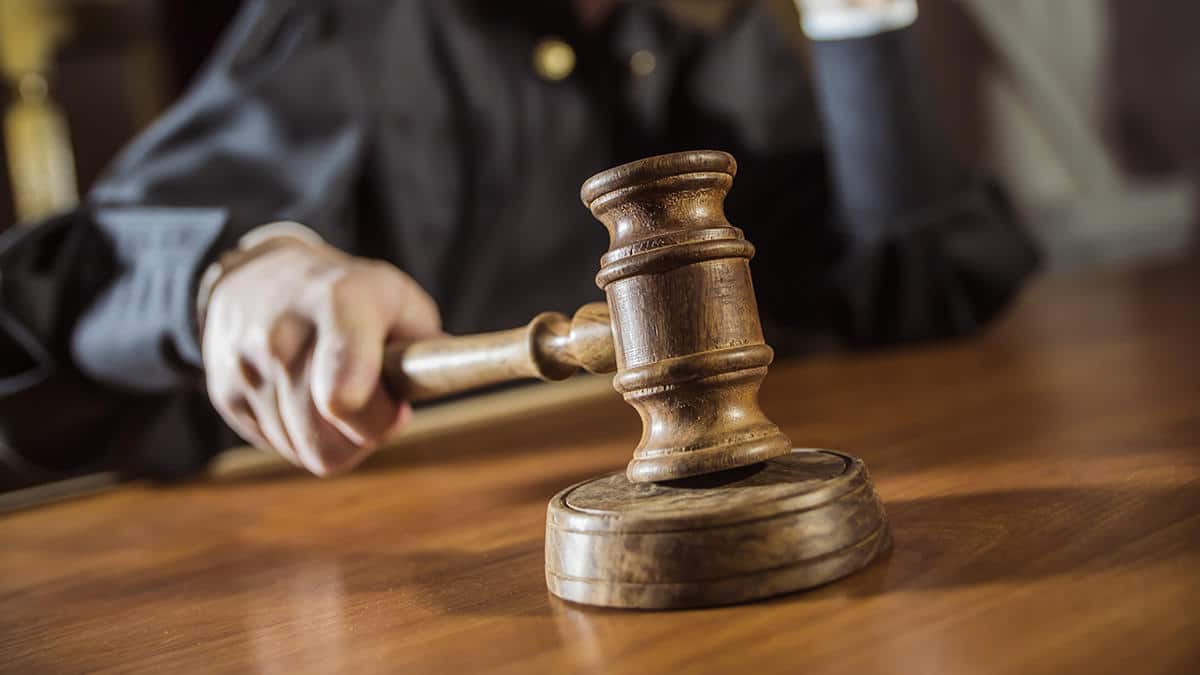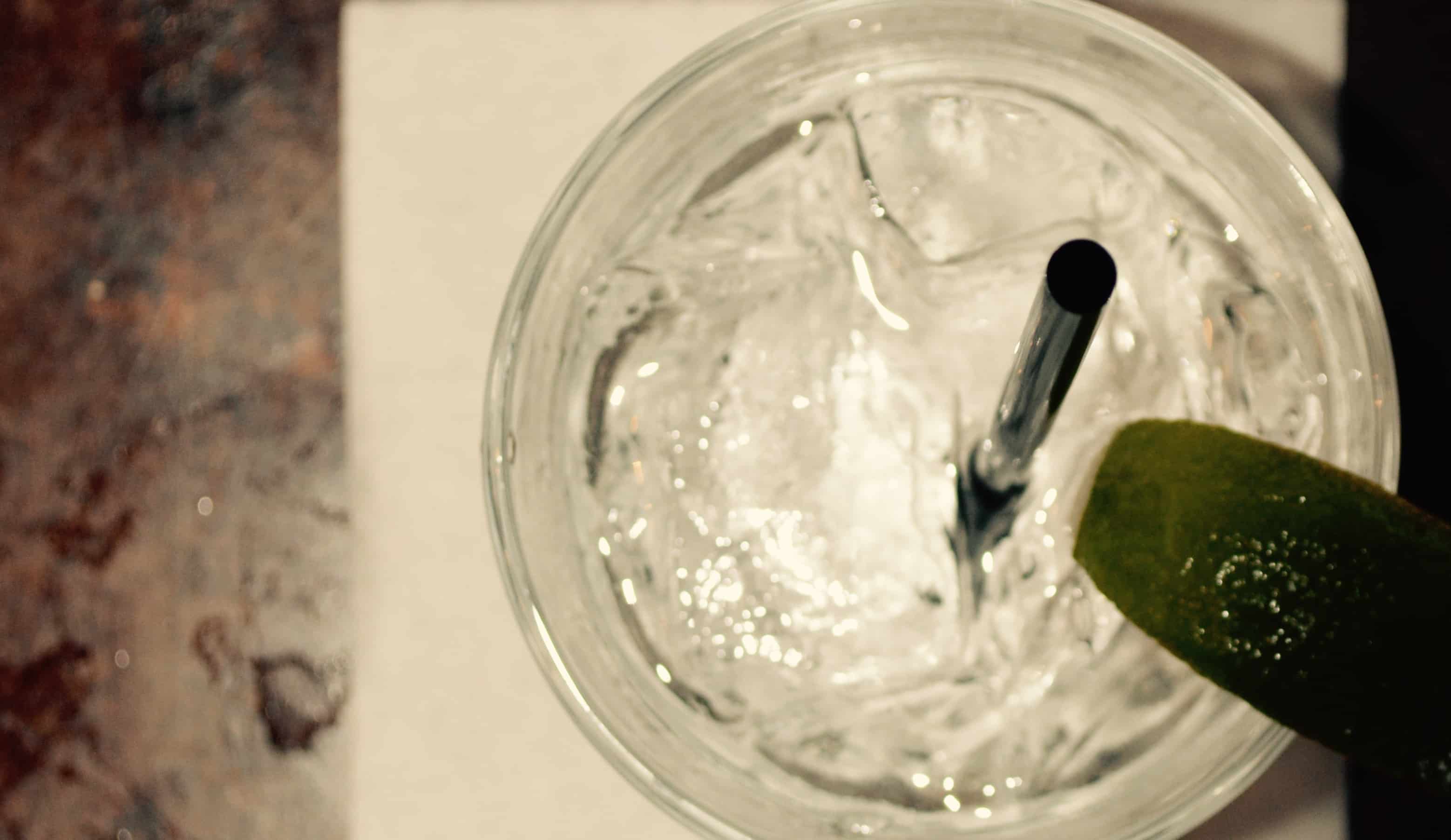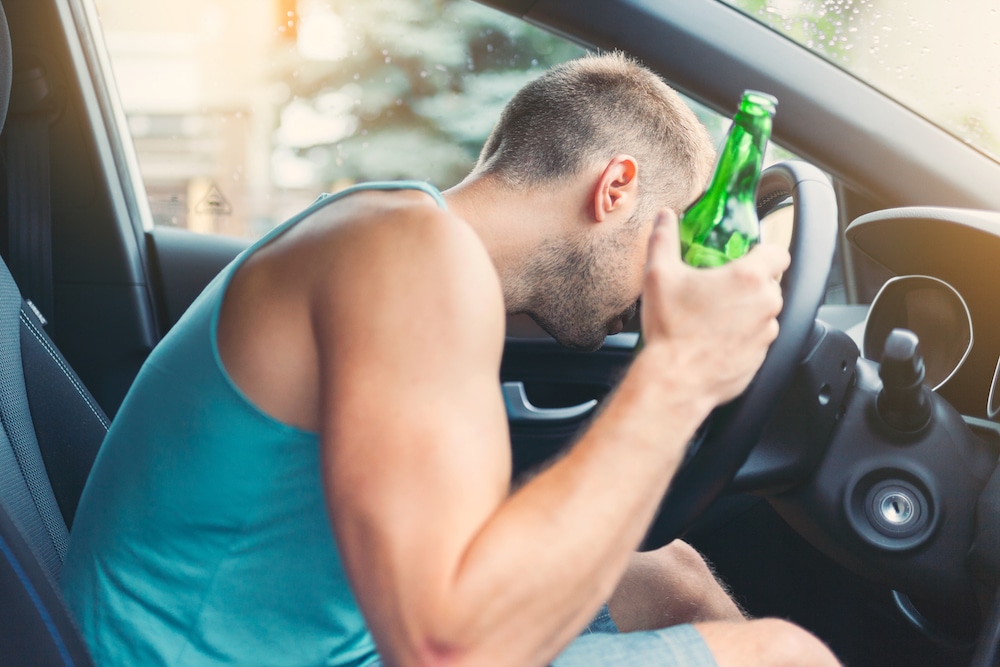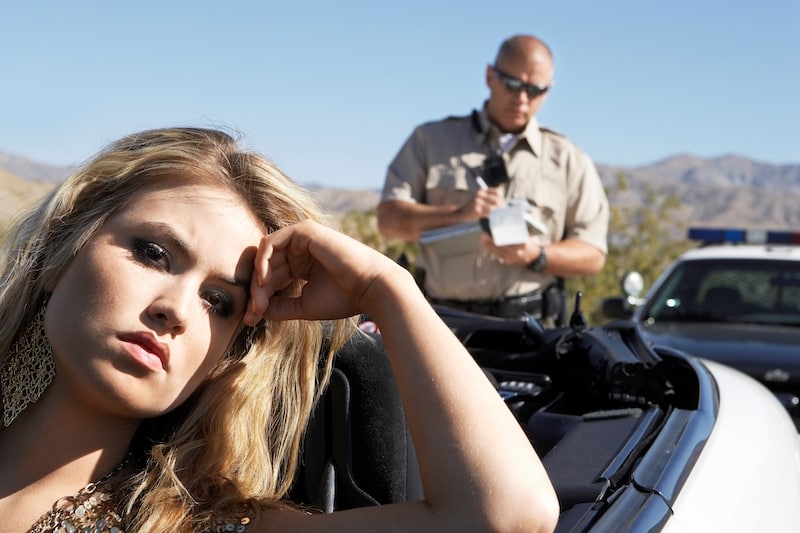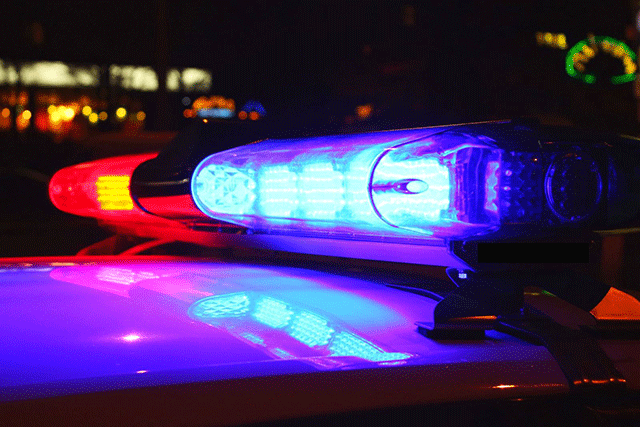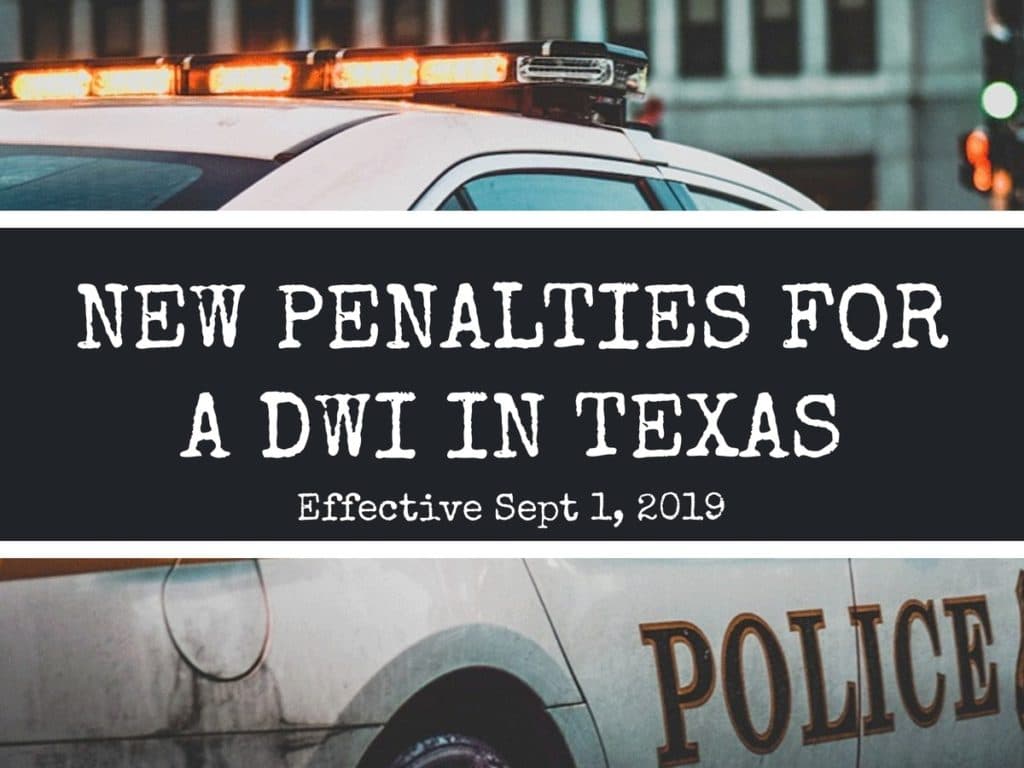What is an administrative license revocation (ALR), and why is it important
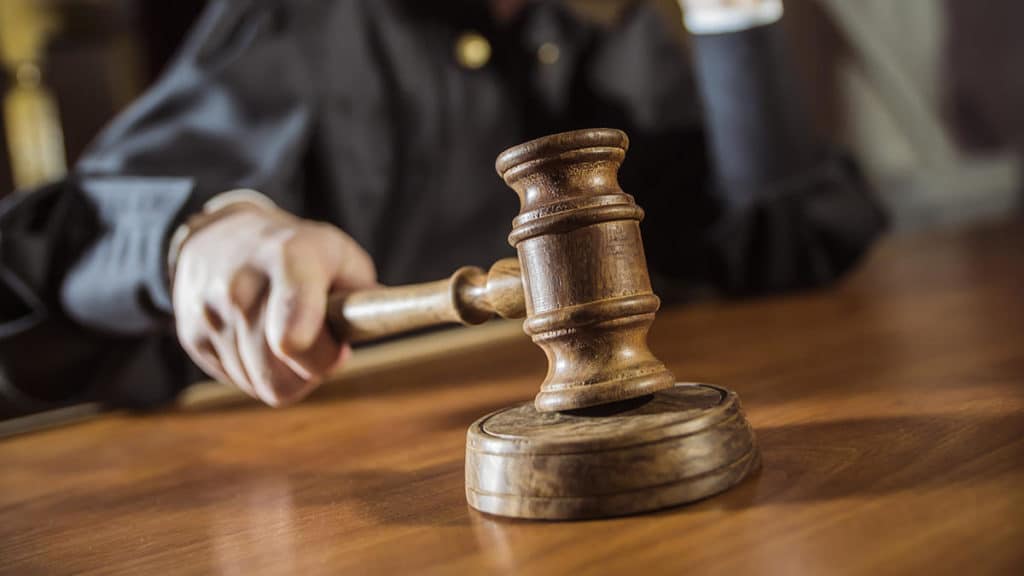
The best reason to request an administrative license revocation hearing or ALR hearing, first and foremost, is to try to save your driver’s license.
The ALR Program is
“a civil administrative process unrelated to criminal court proceedings, in which individuals arrested for driving while intoxicated (DWI) or boating while intoxicated (BWI) who refuse to take or who fail a blood or breath test attempt to save their driver’s license.”
By requesting an ALR hearing, you force the Texas Department of Public Safety (DPS) to prove its case against you.
DPS must prove the police officer who stopped and arrested you did so with either reasonable suspicion or probable cause.
Otherwise, you win by default.
GET A FREE CONSULTATION
How DPS will argue to revoke your license at your ALR hearing
In the ALR hearing, DPS will argue one of two possible theories of prosecution:
The first is that you refused to take a requested breath and or blood test, and
The second is that you took such a test and you had a BAC result of .08 or more.
In order to suspend your license, DPS must provide certain evidence, depending on the facts of your case.
What DPS must prove at your Administrative License Revocation Hearing
A) If you refused to submit to breath/blood testing, DPS must prove all of the following at an ALR hearing:
1. Reasonable suspicion or probable cause existed to stop or arrest you.
2. Probable cause existed to believe you operated a motor vehicle in a public place while intoxicated.
3. You were placed under arrest and were properly requested to submit to breath/blood testing.
4. You refused the test upon proper request by the officer.
B) If you failed the breath or blood test, the issues are slightly different. DPS must prove both of the following at an ALR hearing:
1.You had an alcohol concentration of .08 or more while operating a motor vehicle in a public place and at the time of testing.
2. There was probable cause to arrest or reasonable suspicion to stop you.
DPS’s proof is generally submitted in the form of the arresting officer’s written affidavit.
DWI defense lawyers can issue subpoenas and compel the officer to testify at the ALR hearing.
If the officer fails to come, you win your case by default.
If the officer comes, there is an opportunity to bring out evidence of innocence which was not written in the original police report.
In most cases, a good DWI lawyer will require the officer to attend the hearing.
TELL US ABOUT YOUR CASE
Form Submissions have a fast response time. Request your free consultation to discuss your case with one of our attorneys over the phone. The use of this form does not establish an attorney-client relationship.
The information on this website is for general information purposes only. Nothing on this site should be taken as legal advice for any individual case or situation. This information is not intended to create, and receipt or viewing does not constitute, an attorney-client relationship.


